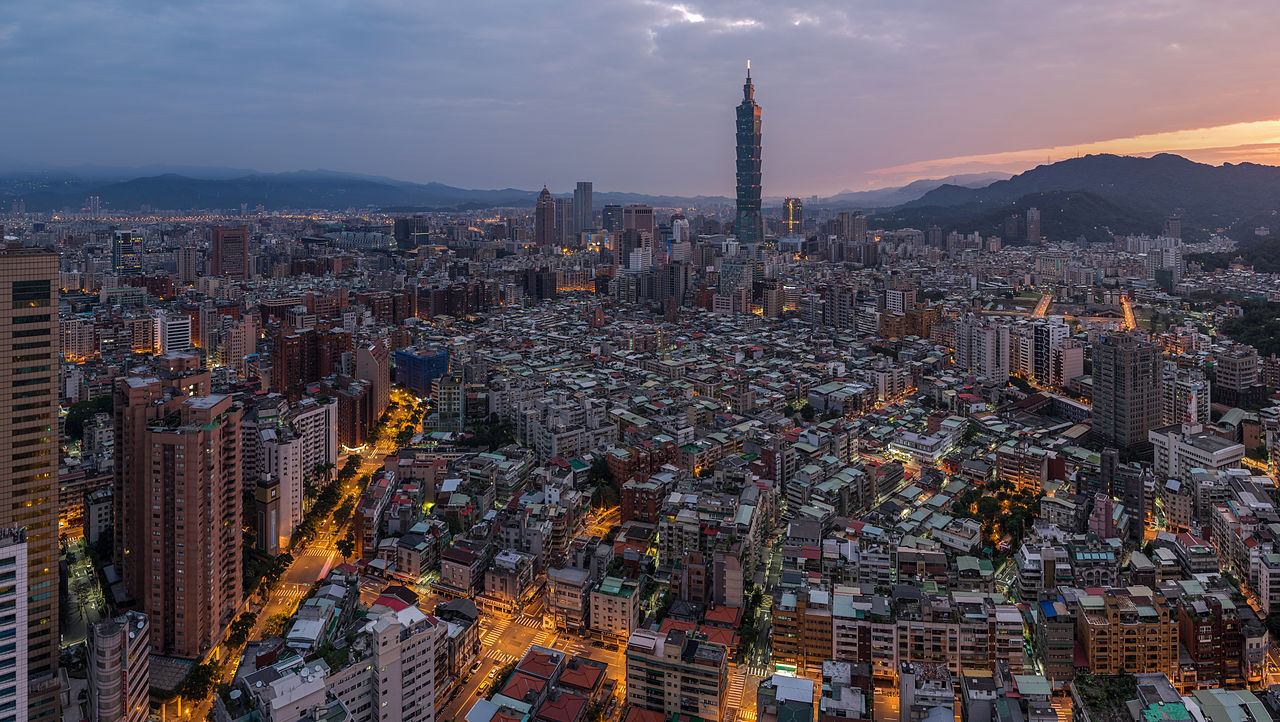Rising tensions raise the question: why Taiwan?

An aerial view of Taipei City, the capital city of Taiwan.
Jonah Carlson - As tensions over Taiwan continue to flare between the U.S. and China, threatening the outbreak of a major war, many observers may be left wondering: why is Taiwan so important? Chris Buckley and Amy Chang Chien explore the long history connecting the island to both China and the Western world in an article with The New York Times, tackling the issue from both a historical and military perspective.
Outside of serving as a major manufacturer of global electronics and information technology, Taiwan serves as a vital center of overlapping identities. Identity is crucial to understanding place, the geographical level at which individual experiences happen. During the civil war in China, supporters of Chiang Kai-shek and the nationalists fled to Taiwan, and Han Chinese people today comprise more than 95 percent of the island’s population. The state’s name, the “Republic of China,” reflects this history. With time, however, the island state has come to embody its own national identity: today, 57 percent of Taiwanese claim both a Taiwanese and a Chinese identity, according to a poll conducted by Pew Research Center. Furthermore, 61 percent of Taiwanese polled had an unfavorable view of the mainland. Meanwhile, the Chinese Communist Party considers pro-democracy and pro-independence advocates in Taiwan to be supporting “separatism,” aiming to bring the island back into the mainland’s fold. These shifts have heightened the tensions between the mainland and the island and may accelerate efforts from either side to “resolve” the situation, either through means of diplomacy or military force. This interplay of identities also contributes, in part, to the founding mythos of the Chinese Communist Party. Some analysts see this as a motivation for Xi Jinping’s interest in the island: as the son of a prominent Communist revolutionary, a victory over Taiwan – either politically or militarily – would in essence “win the war” his father fought. This shared history, combined with the transforming and ever-evolving identities between the island and the mainland, all contribute to the geopolitical tensions in the region.
The growing crisis over Taiwan also raises questions regarding all forms of geopolitical power. With regard to material power, should a large conflict break out around the island, China would have a significant air advantage over Taiwan, as the authors make clear in paragraph sixteen, where they compare the sizes of either air force. This could bring the United States into the conflict to defend Taiwan, pitting two of the world’s largest militaries against each other and giving the Biden administration’s “democracy versus autocracy” framework not only an ideological, but a physical, battleground.
Photo source. Chensiyuan, edit by DXR, CC BY-SA 4.0

